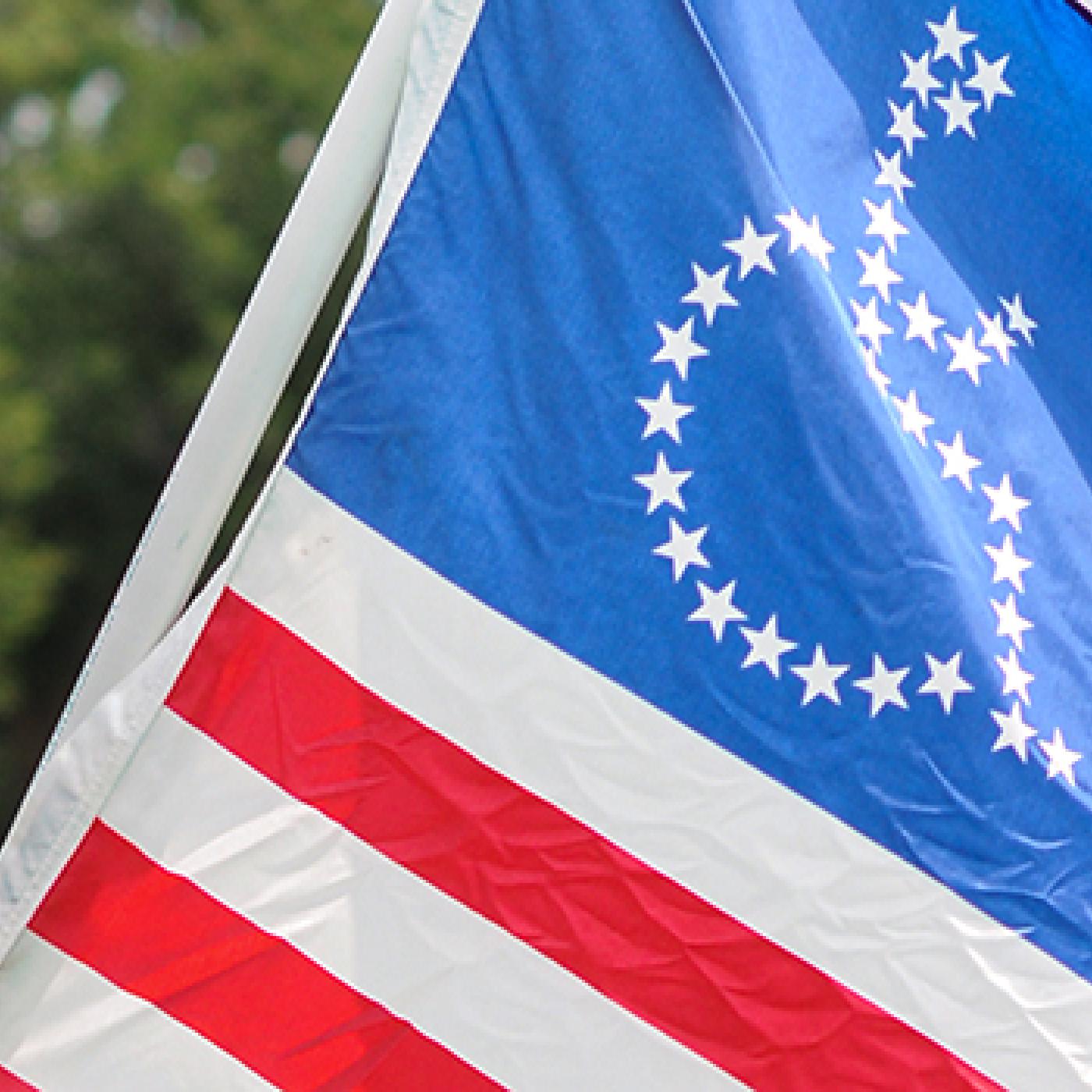Tools & Resources
Filter by
Type
Publication date
Language
Type
Publication date
Language
Election FAQ
Elections in the Dominican Republic: 2020 General Elections
Dominicans will go to the polls on July 5 to vote for the president, vice president, 190 deputies and 32 senators. To help you understand this important electoral process, IFES provides Frequently Asked Questions on Elections in the Dominican Republic: 2020 General Elections.
News & Updates
Feature
IFES Supports the Dominican Republic’s Central Electoral Board in Holding Safe, Credible and Transparent Elections During COVID-19
On June 25, IFES and the Central Electoral Board of the Dominican Republic signed a Memorandum of Understanding to affirm their collaboration to safely, credibly and transparently conduct the presidential and congressional elections planned for July 5 amid the COVID-19 pandemic.
News & Updates
Feature
Senate Bill Advances U.S. Leadership on International Disability Rights
IFES has endorsed S. 3880, the Office of International Disability Rights Act, which aims to promote the global visibility and rights of people with disabilities through American development and diplomacy.
News & Updates
Feature
IFES President on Public Sector Leadership in Crisis
IFES President and CEO Anthony Branbury joined the Boston Consulting Group for an online Public Sector Leadership Roundtable on April 17, 2020. Their conversation focused on identifying critical factors in successful public sector responses to crises.
News & Updates
Feature
Congress: A Robust International Response to COVID-19 Is Needed
As the U.S. Congress considers how to address the COVID-19 crisis, IFES is advocating for a robust international response. IFES joined with other InterAction members and partners in a letter to congressional leadership calling for at least $12 billion in foreign assistance, including critical support for democracies at risk around the globe.
News & Updates
Feature
Indelible Ink in Elections: Mitigating Risks of COVID-19 Transmission While Maintaining Effectiveness
Many countries use indelible ink to ensure that voters cannot cast multiple ballots. Hand-sanitizing procedures, recommended to prevent the spread of the coronavirus, could also affect the ink’s effectiveness. IFES presents some factors election management bodies should consider.
News & Updates
Feature
The Legal Quagmire of Postponing or Modifying Elections
Amidst the uncertainty of COVID-19, many countries are grappling with how to modify election procedures to minimize the risk of transmission or change the system for voting completely to avoid the need for voters to go to the polls. While important and often necessary, these decisions are far from simple. IFES has compiled a list of legal elements to consider in relation to election postponements and modifications.
News & Updates
Feature
Elections and COVID-19 – What We Learned from Ebola
In an op-ed for Devex, IFES' Anthony Banbury shares lessons learned from the Ebola crisis as guidance for holding elections and averting a democracy crisis during COVID-19.
News & Updates
Feature
Emergency Powers and the COVID-19 Pandemic: Protecting Democratic Guardrails
Without a strong foundation for democratic resilience, a global health crisis can shock democratic institutions and offer a blank check to governments to use emergency powers to curtail political rights. IFES has identified four indicators that help to understand whether state actions during this time are “limited to the extent strictly required by the exigencies of the situation.”
News & Updates
Feature
Low Voter Turnouts, Fear, Disinformation and Disrupted Supply Chains: How Election Commissions Are Unprepared for COVID-19
All electoral activities planned for the near future will be affected one way or another by the COVID-19 pandemic. Election commissions need sound advice and technical assistance to navigate the complexity of each election context, coordinate with the relevant health authorities, consider all relevant public health and political factors, and make sensible decisions to safeguard voters and electoral processes.











